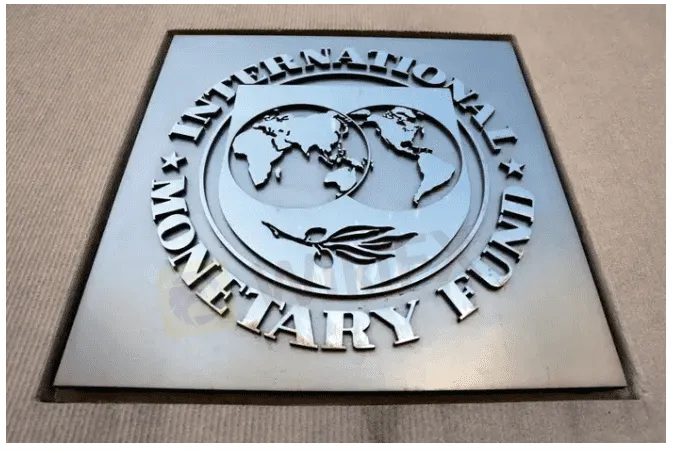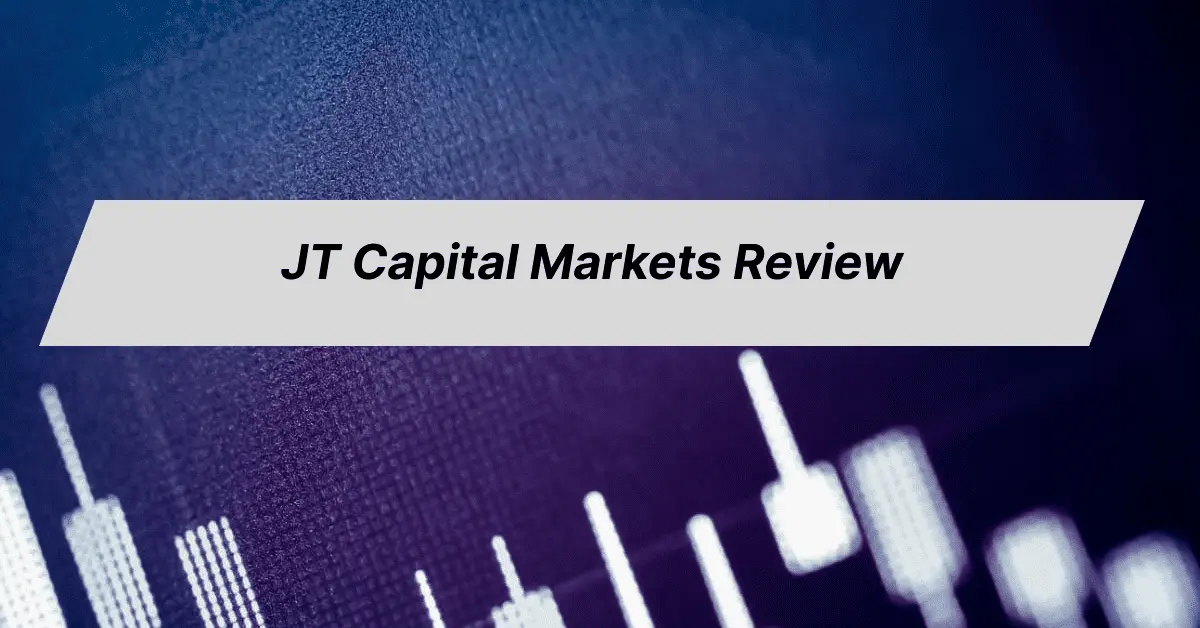简体中文
繁體中文
English
Pусский
日本語
ภาษาไทย
Tiếng Việt
Bahasa Indonesia
Español
हिन्दी
Filippiiniläinen
Français
Deutsch
Português
Türkçe
한국어
العربية
IMF warns of ‘stagflationary’ risks in Asia, cuts growth outlook
Abstract:The Asian region faces a “stagflationary” outlook amid significant uncertainty with economic growth being lower than previously expected and inflation being higher, a senior International Monetary Fund (IMF) official said on Tuesday.

The Asian region faces a “stagflationary” outlook, a senior International Monetary Fund (IMF) official warned on Tuesday, citing the Ukraine war, spike in commodity costs and a slowdown in China as creating significant uncertainty.
While Asia‘s trade and financial exposures to Russia and Ukraine are limited, the region’s economies will be affected by the crisis through higher commodity prices and slower growth in European trading partners, said Anne-Marie Gulde-Wolf, acting director of the IMFs Asia and Pacific Department.
Moreover, she noted that inflation in Asia is also starting to pick up at a time when Chinas economic slowdown is adding to pressure on regional growth.
“Therefore, the region faces a stagflationary outlook, with growth being lower than previously expected, and inflation being higher,” she told an online news conference in Washington.
The headwinds to growth come at a time when policy space to respond is limited, Gulde-Wolf said, adding that Asian policymakers will face a difficult trade-off of responding to slowing growth and rising inflation.
“Monetary tightening will be needed in most countries, with the speed of tightening depending on domestic inflation developments and external pressures,” she said.
The U.S. Federal Reserve‘s expected steady interest rate hikes also present a challenge to Asian policymakers given the region’s huge dollar-denominated debt, Gulde-Wolf said.
In its latest forecast issued this month, the IMF said it expects Asias economy to expand 4.9% this year, down 0.5 percentage points from its previous projection made in January.
Inflation in Asia is now expected to hit 3.4% in 2022, 1 percentage point higher than forecast in January, it said.
A further escalation in the war in Ukraine, new COVID-19 waves, a faster-than-expected Fed rate hike trajectory and prolonged or more widespread lockdowns in China are among risks to Asias growth outlook, Gulde-Wolf said.
“There is significant uncertainty around our baseline forecasts, with risks tilted to the downside.” she said.

Disclaimer:
The views in this article only represent the author's personal views, and do not constitute investment advice on this platform. This platform does not guarantee the accuracy, completeness and timeliness of the information in the article, and will not be liable for any loss caused by the use of or reliance on the information in the article.
Read more

JT Capital Markets Review
JT Capital Markets is a UK-registered foreign exchange broker with an operating history of approximately 5–10 years. It maintains a commercial website at www.jtcapitalmarkets.com, which, according to WikiFX’s Time Machine snapshots, was last captured in August 2020 before going offline under the guise of “maintenance”.

Gold Breaks $3,300 Barrier—Time to Celebrate or Caution?
Gold hits record high—rally or risk ahead?

FCA Proposes Simplifying Investment Cost Disclosure for Retail Investors
FCA plans to cut “imprecise” transaction cost disclosures for UK investment products, making cost info clearer and easier for retail investors.

SEC Warns of Love Scams and Pig Butchering Investment Schemes
SEC's new campaign warns about relationship investment scams, highlighting red flags, losses, and protective measures. Stay safe from "pig butchering" schemes.
WikiFX Broker
Latest News
eXch Exchange to Shut Down on May 1 Following Laundering Allegations
How a Viral TikTok Scam Cost a Retiree Over RM300,000
JT Capital Markets Review
FCA Proposes Simplifying Investment Cost Disclosure for Retail Investors
Fresh Look, Same Trust – INGOT Brokers Rebrands its Website
Beware of Gold Bar Investment Scams: Rising Threats
SEC Warns of Love Scams and Pig Butchering Investment Schemes
Finalto Teams Up with Alphaville for 2025 London Quiz
Think Scams Won’t Happen to You? That’s Exactly What Scammers Count On
Elites Gather in Taipei to Forge a New Forex Ecosystem
Currency Calculator


